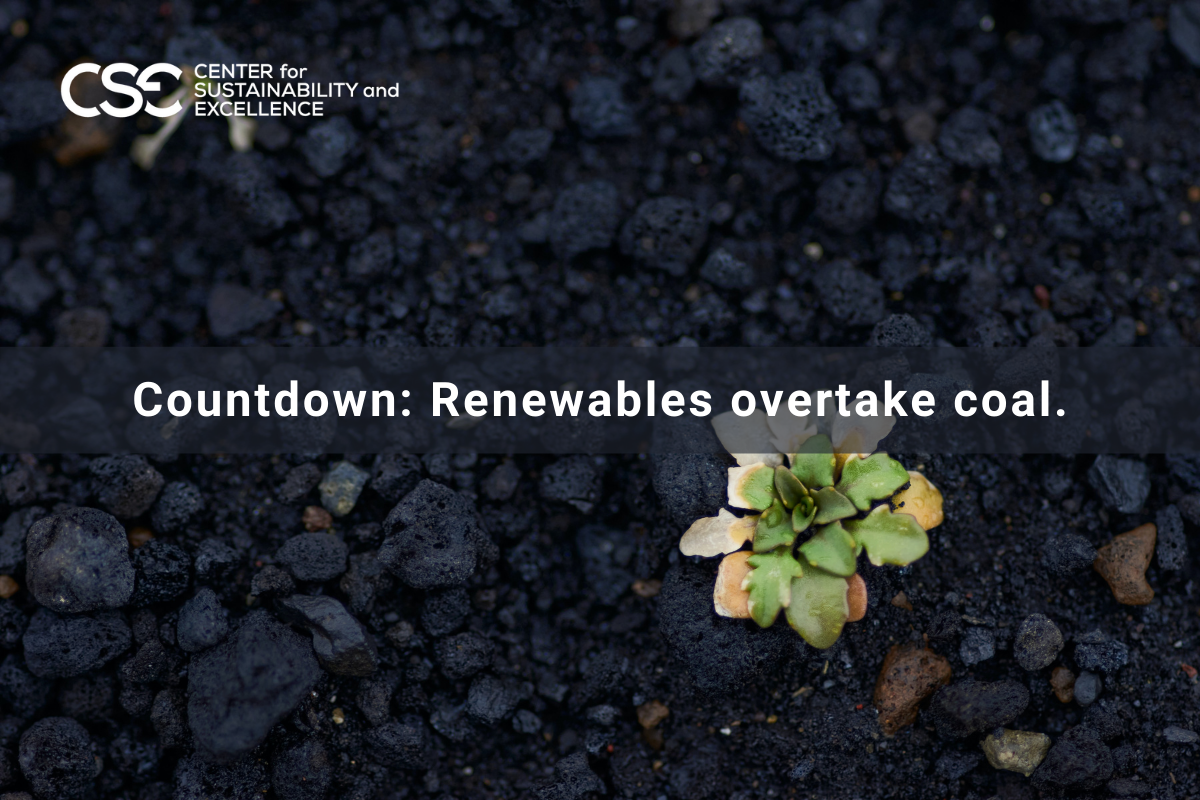A number of countries have already pledged to reach net‐zero emissions, however the gap between theory and action still exists. This gap needs to close if countries want the chance of reaching net-zero by 2050 and meeting the Paris Agreement long-term temperature goal. The energy sector is the major source of global emissions, holding the key to averting the worst effects of climate change.
According to the International Energy Agency (IEA), what the world really needs is a radical shift towards renewables in order to reach net-zero emissions by 2050 and secure the 1.5C goal. This means that renewable energy should overtake coal by 2026, meeting two-thirds of global energy supply and nearly 90% of electricity generation by 2050.
As identified by its latest report, there are seven key pillars of decarbonisation, including energy efficiency, behavioural changes, electrification, renewables, hydrogen and hydrogen‐based fuels, bioenergy, and carbon capture and storage. These pillars are also the milestones of action to several sectors, especially the energy one.
Moreover, to reach net zero emissions by 2050, annual clean energy investment worldwide will need to more than triple by 2030, while innovation efforts must take place this decade.
As part of the European Green Deal, the commission proposed to raise the 2030 greenhouse gas emission reduction target to at least 55% compared to 1990. In July, a major package of climate change policies will be unveiled to cut greenhouse gas emissions faster across all sectors of the economy.
Europe’s top oil and gas companies, accounting for roughly 7% of global crude consumption, have already committed to EU greenhouse gas emission reduction targets and their ambitions are way ahead of their U.S. peers. For example, Eni committed to cut its absolute emissions from all products it sells by 80% and shrink its oil output from 2025. On the other hand, BP aims to halve the carbon density of all energy that it trades by 2050.
CSE holds the Advanced Certified Sustainability (ESG) Practitioner Program for business executives, presenting all the new trends in sustainable development and how to gain a competitive advantage.
CSE’s three-day Certified Sustainability (ESG) Practitioner Digital Program in June 24-25 & 28 focuses on key challenges that professionals have to face and introduces a step by step methodology to integrate ESG issues, maximizing corporate performance aligned with the Paris Agreement.







